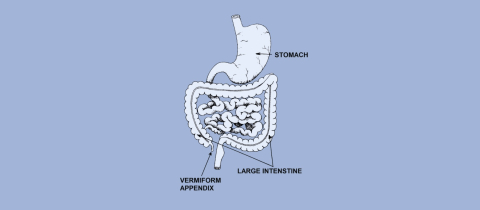This article was originally posted in the Montreal Gazette.
It beggars belief, but I still sometimes hear people claim that waves of young athletes have died suddenly after being vaccinated. It is a pervasive hoax and still repeated by people to express doubts about the safety of the COVID-19 vaccines. Fortunately, we don’t have to speculate about whether young athletes are dying or not. We can simply check.
A recent publication in the journal Circulation has documented trends in sudden cardiac death in young athletes over the past 20 years. They reviewed records from the NCAA, the Parent Heart Watch Database, the National Center for Catastrophic Sports Injury Research and insurance claims. The student athletes had to be enrolled in Division 1, 2 or 3 schools in the U.S. and play at least one varsity sport.
This report is important for a number of reasons. It demonstrates that sudden death among athletes is fairly rare. Over 20 years, there were 1,102 deaths in these student athletes, with sudden cardiac death being the cause in 143 cases. Sadly, accidents, suicide and homicide still made the majority of deaths in this age group.
Of these 143 deaths, 118 were verified using autopsy or other records. Many athletes had normal hearts on autopsy but most had hypertrophy (a thickened heart muscle) while two died of commotio cordis (a blow to the chest that caused an arrhythmia).
Ten athletes had congenital anomalies of the coronary arteries. Eight had myocarditis, but all but one case happened before the pandemic, and that case was a type of myocarditis that was unrelated to either COVID-19 infection or vaccination. Contrary to popular mythology, the notion that waves of young people developed myocarditis and then suddenly dropped dead mid-game is not based in reality.
More important, the incidence of sudden cardiac death among athletes has gone down over the past 20 years. It has not been increasing and there was no spike in cases after the introduction of the vaccine.
The reason for the decrease is the subject of some debate. Some believe pre-participation screening protocols are responsible for preventing sudden cardiac death, but others credit the increased prevalence of defibrillators and other emergency plans with saving lives. In other words, athletes may still experience cardiac events but the timely application of a defibrillator will prevent a fatal cardiac arrest. Given that both of these things have occurred simultaneously, it may not be possible to tease out if one has been a greater contributor than the other.
The presence of defibrillators in sport facilities and public events is undeniably critical. The case of Damar Hamlin, the NFL player who suffered a cardiac arrest mid-game due to commotio cordis, demonstrates how a rapid intervention can save lives.
Pre-participation screening is more controversial because there is disagreement on how that screening should be carried out. The NCAA in the U.S. mandates pre-participation screening, but not the routine use of electrocardiograms. Routine ECGs are more common in European sports programs. There remains no clear consensus on whether ECGs should be added to routine screening with a patient interview and physical examination.
Despite the decrease in sudden cardiac deaths over time, some important differences remain. Young men are at higher risk than young women and black athletes are at higher risk than white athletes. Of all the sports, basketball players had the highest risk of sudden cardiac death. One might be tempted to posit the increased risk is due to the fact that more men play basketball than women, but even after adjusting for both sex and race, the higher risk remained.
Competitive sports can lead to sudden death especially in someone with an undiagnosed cardiac issue. But if someone tries to tell you young people are dropping dead during sport events, you should reply that while this has always been true, the rates are going down, not up. Science is on your side with this one.







